Aluminum cookware is much lighter than steel and enamel cookware. In addition, aluminum cookware are characterized by significant strength, they are not damaged by the action of sudden temperature changes. Aluminum cookware is convenient and hygienic for cooking.
But they also have their downsides. Aluminum cookware, in particular aluminum pots, are susceptible to the destructive effects of salt and some organic acids, such as malic acid, citric acid, tartaric acid, which are found in most vegetables and fruit.
As a result, over time, the surface of the aluminum vessel is coated with alumina, which partially passes into the food in the form of salts, which is, to put it mildly, undesirable.
Therefore, it is recommended to cook sour dishes, soups or compotes in aluminum pots and not to leave the prepared food in a pot, but to immediately transfer it into enameled, porcelain, faience or glass dish.
If your aluminum cookware has oxidized and the inside is covered with a black coating, it can be washed by wiping it with a piece of cloth dipped in vinegar, then rinsing it with hot water and soap.
It is best to wash aluminum pots with borax. One tablespoon of borax is dissolved in a liter of water. You can also soak the pot with baking soda, the ratio is 1 tsp. of soda per 1 cup of water. The heavily dirty areas can be rubbed with pumice stone or fine tooth powders, which are sold in pharmacies.
Under no circumstances should you rub aluminum cookware with a wire brush, sandpaper, etc. Aluminum utensils should not be treated with baking soda, salt, strong acids or strong bases, because they destroy their protective cover of alumina and cause increased corrosion of the metal.
Also read: Is cooking in aluminum foil harmful?
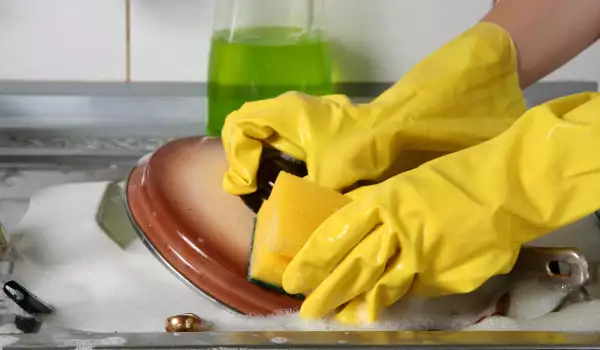

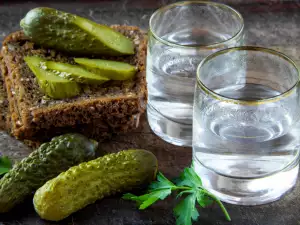


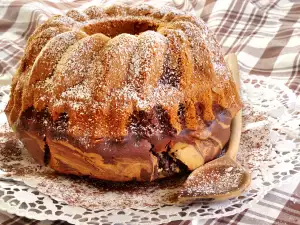
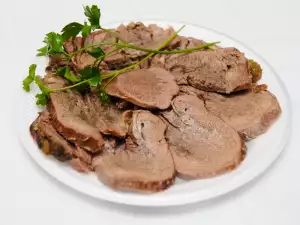
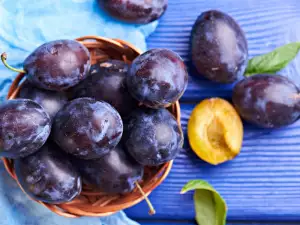


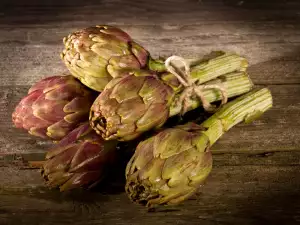

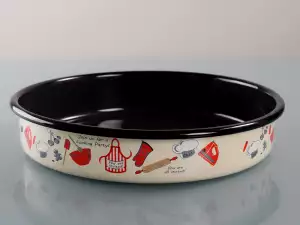

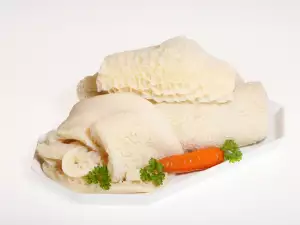




Comments